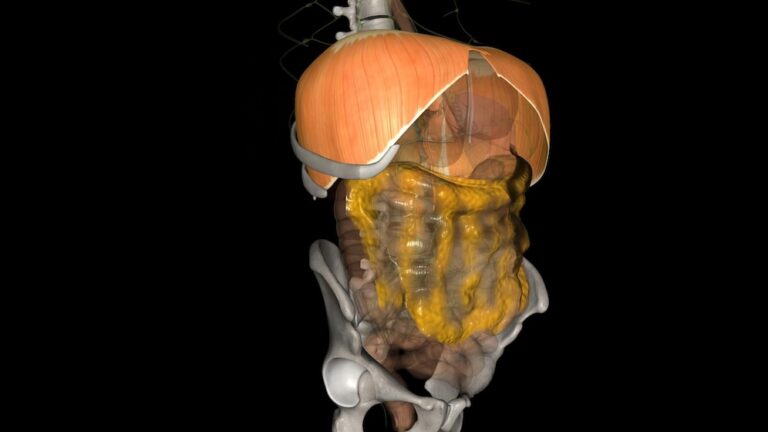Circumcision Unveiled: Navigating the Intersection of Medicine Culture and Ethics
Circumcision, a practice embedded in history and tradition, has become a focal point of discourse due to its medical, cultural, and ethical implications. In this exploration, we unravel the layers surrounding circumcision, examining its roots, medical considerations, cultural significance, and the ethical dilemmas that persist in the contemporary world.
To Know More About It Please Click Here
Historical Roots
The origins of circumcision can be traced back to ancient civilizations, notably in Egypt, where it was linked to notions of hygiene. Over time, the practice found its way into religious rites, such as the Jewish brit milah and Islamic traditions. The historical context sheds light on the diverse cultural narratives that have shaped the perception of circumcision throughout the ages.
Medical Considerations
Proponents argue that circumcision offers potential health benefits, including a reduced risk of sexually transmitted infections (STIs), urinary tract infections, and certain cancers. However, the medical community is not unanimous in its support, with some questioning the significance of these benefits and the ethics of performing a procedure on infants without their consent. As medical knowledge advances, the debate continues on the overall impact of circumcision on health.
Cultural Significance
Circumcision holds profound cultural meaning in various societies. From religious ceremonies in Judaism and Islam to initiation rites in certain African cultures, the practice is deeply interwoven with rites of passage and communal identity. Understanding the cultural significance of circumcision is essential for appreciating the diversity of perspectives that exist in this age-old practice.
Ethical Dilemmas
The ethical considerations surrounding circumcision are multifaceted. Performing the procedure on infants raises questions about bodily autonomy and consent. While some argue that cultural traditions and parental decisions should be respected, others emphasize the need for informed consent and the protection of an individual’s right to bodily integrity. The ethical landscape of circumcision is marked by a delicate balance between cultural sensitivity and individual autonomy.
Contemporary Discourse
In modern times, the discourse on circumcision has evolved, with an increasing emphasis on informed decision-making. Some societies are witnessing a shift in attitudes, with a decline in routine circumcision rates. Medical organizations take nuanced positions, acknowledging cultural practices while advocating for thorough education and open dialogue. The contemporary landscape requires delicate navigation of medical evidence, cultural diversity, and ethical principle
Conclusion: Circumcision Unveiled invites us to explore the intricate tapestry of medicine, culture, and ethics that surrounds this age-old practice. Acknowledging its historical roots, medical nuances, cultural significance, and ethical dilemmas is crucial for fostering an informed and respectful dialogue. As we navigate the complexities of circumcision in the modern era, it is imperative to recognize the importance of cultural diversity, individual autonomy, and a shared commitment to understanding this ancient tradition in all its dimensions.
For any further queries, Plz visit drdhruvkundra.com or you can check our social media accounts, Facebook, YouTube, Twitter







